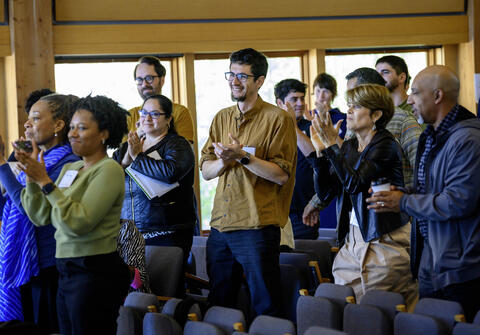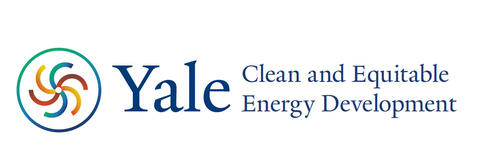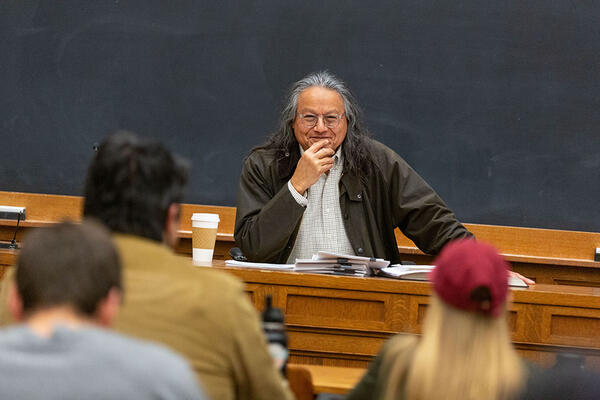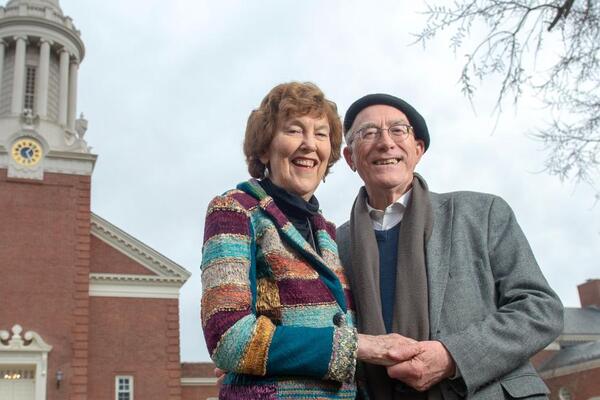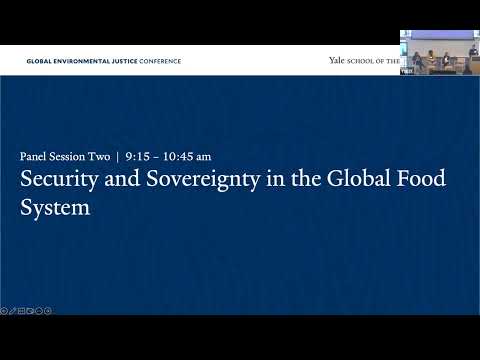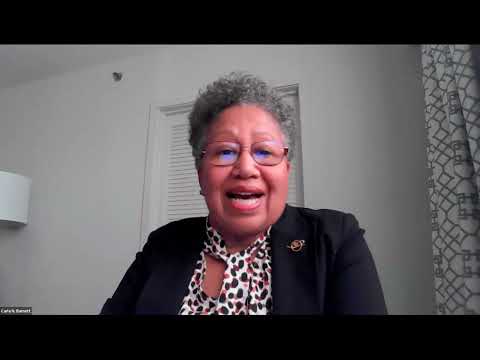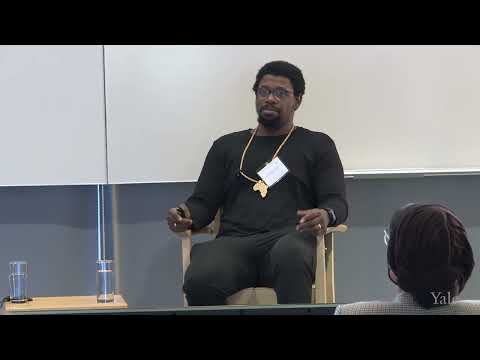About YCEJ
Our world faces several existential threats whose roots lie in environmental and social injustice. The Yale Center for Environmental Justice (YCEJ) works with partners across Yale and in communities around the world to remedy the key drivers of injustice while co-creating generative solutions for a more just and sustainable world.


